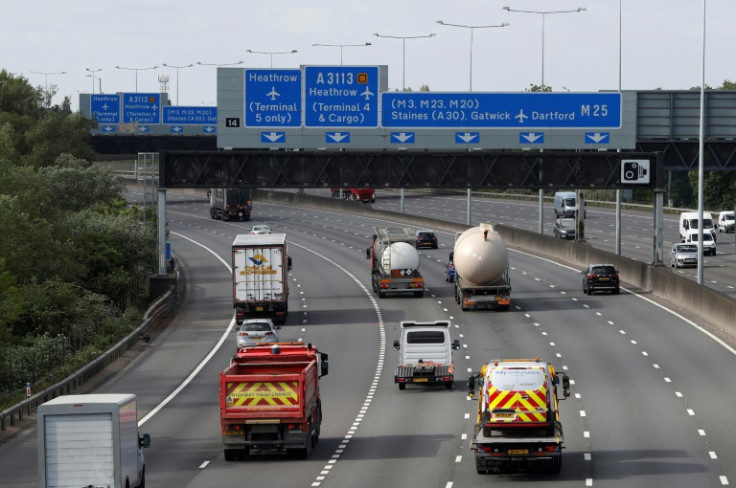What does the 2030 ICE ban mean for the automotive industry and UK drivers?
The historic 2030 ICE ban will see the UK en route to be the quickest G7 nation to decarbonise cars and vans and expedite a greener transport future.

The UK Government announced back on 18 November 2020 the historic move to ban sales of new petrol and diesel cars by 2030 in a move toward net zero and expediting a greener transport future.
The Prime Minister, Transport Secretary and Business Secretary's announcement of the ban places the UK en route to be the quickest G7 nation to decarbonise cars and vans.
The 2-phased approach will involve firstly bringing the date forward to 2030 for the gradual elimination of new petrol and diesel cars and vans. The second step will involve ensuring that from 2035 all new cars and vans are completely zero emission at the tailpipe.
Additionally, the sale of new cars and vans between 2030 and 2035 will be permitted as long as they have the prevailing capability to be driven at some distance with zero emissions, in terms of plug-in or total hybrids which will be determined through deliberation.
The brand new measures will place the UK at the cutting edge of the zero-emission evolution of vehicles produced in the UK. Allowing for a greener future with ameliorated air quality for the towns and cities as well as assisting economic growth across the UK.
What impact will the ICE ban have on the automotive industry and motorists?
The ElectricCar.Guide details how the UK's ICE (internal combustion engine) ban will impact drivers.
The following key points outlined are:
- Motorists in the UK will retain the ability to drive their old cars and purchase fuel-powered cars from a second-hand market.
- After 2030 drivers will be able to keep their old cars or purchase alternative second-hand petrol or diesel cars, as the government is not totally banning fuel-powered cars. However, there will be designated local clean air and zero emissions zones where you can drive your car.
- Notably after 2035, hybrid cars will also be phased out.
- By going electric motorists will be able to save about 700 pounds a year as electricity is a lot cheaper than fuel. The estimated total savings will be about five billion pounds a year.
- The NHS will save money with the reduction of air pollution and promote better health.
- It will also support investment in UK manufacturing considering gigafactories and EV-related start-ups are already appearing across the nation.
- Reliance on foreign oil will be restrained due to less demand for fuel.
Furthermore, they addressed some consumer questions about the National grid, whether or not EV is a better choice, why isn't hydrogen the better alternative, and when is the best time to switch to electric.
The National Grid has clarified that capacity can meet future demand. In addition, since 2012 preparations have been made by the companies responsible for cables and overhead lines for the influx of electric cars.
From July 2019 the requirement for new home chargers to be "smart" for government grant eligibility was made, to allow electric cars to be charged as electricity will become cheaper because of less demand.
Despite the source of electricity used, electric cars are better for the climate. As there is an improvement in air quality specifically in cities due to the absence of tailpipe emissions. In terms of the production of electricity, the existing renewables on the grid will aid in counterbalancing C02 emissions.
Your electric vehicle can also be made more sustainable through the use of a hundred per cent renewable tariffs, for example, Octopus Energy.
Hydrogen is today mostly made from fossil gas methane and therefore its manufacture is expensive and impractical despite being considered as a green alternative.
When is the best time to switch to electric? If you switch early, the government is offering tax incentives and discounts.
© Copyright IBTimes 2025. All rights reserved.





















